The Best Pardot Alternatives for Fast-Moving Marketing Teams

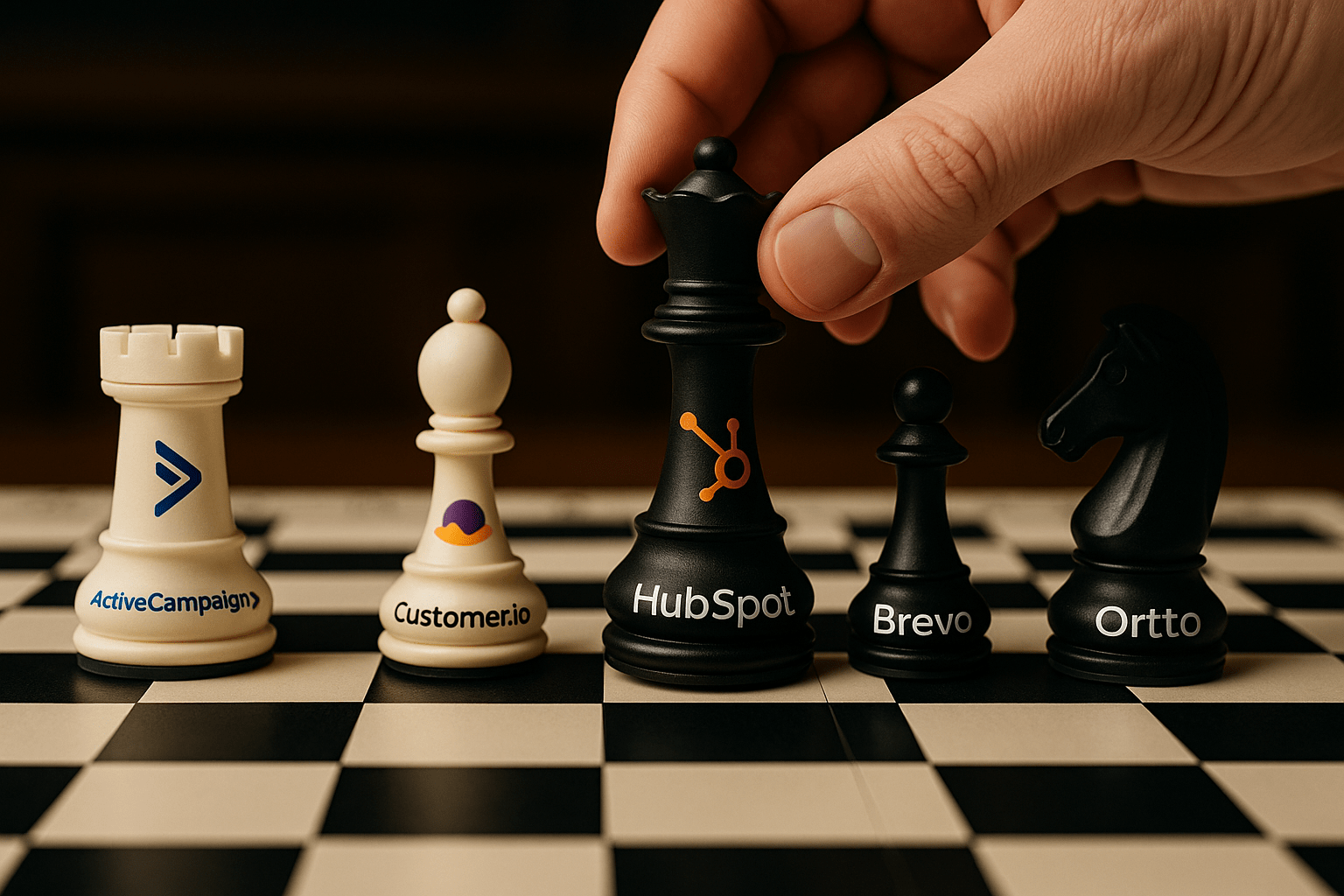
Pardot helped define B2B marketing automation, but the pace of marketing has changed. Today’s teams are building and launching campaigns faster than ever. They need platforms that feel intuitive, flexible, and ready to scale in real time—not tools that make you wait or work around limitations.
This guide explores why more teams are exploring other options, what features to prioritize in your next platform, and which Pardot alternatives are worth a closer look.
Let’s start with what’s driving the shift.
Why Look Beyond Pardot?
Pardot, now known as Salesforce Marketing Cloud Account Engagement, delivers the core tools many B2B teams need. It handles email campaigns, lead scoring, automation, and CRM syncing—especially valuable for teams already built around Salesforce.
Why Some Teams Look Elsewhere
- The interface can feel complex or outdated, especially for newer users
- Building and adjusting automations often takes more steps than expected
- Reporting can lag behind, making it harder to act on live campaign data
- Onboarding and workflow setup may require more technical support
If your team is focused on speed, personalization, and adaptability, it might be time to explore tools designed around how marketing works today—not how it worked ten years ago.
What to Look For in a Modern Marketing Automation Platform
The right platform doesn’t just replace Pardot. It should make everything faster, smoother, and easier to manage. These are the features that matter most when choosing a modern marketing automation tool.
- Intuitive interface and fast onboarding: You shouldn’t need a full training course to launch your first campaign. A clean, user-friendly interface helps your team hit the ground running and makes day-to-day work more efficient.
- Real-time reporting and performance tracking: Marketing moves quickly, and your data should too. Look for a platform that gives you live performance insights so you can spot issues, optimize campaigns, and respond to what’s happening now—not after the fact.
- AI-powered personalization: Today’s automation tools go beyond segments. AI can help you personalize content, predict the best send times, and recommend next steps based on user behavior. It’s faster and more effective than doing it all manually.
- Flexible workflows and automation: Campaigns rarely follow a straight line. You need flexible automation that adjusts to real user actions across different channels. Tools that let you customize flows without extra friction give you more control and better results.
- Seamless CRM and multichannel ad platform integrations: Your platform should work with the tools you already use. Built-in integrations with CRMs, ad platforms, and analytics software keep your data consistent and reduce the need for workarounds or manual syncing.
Choosing the right tool comes down to this: will it help your team work faster, test smarter, and stay focused on what actually drives results? If creative testing is a core part of your process, you’ll want to explore the best Marpipe alternative for scaling campaigns and optimizing creative performance.
The Best Pardot Alternatives Worth Trying
These platforms are built for how marketing actually works today. If you're ready for something faster, more flexible, and easier to scale, start here.
1. ActiveCampaign
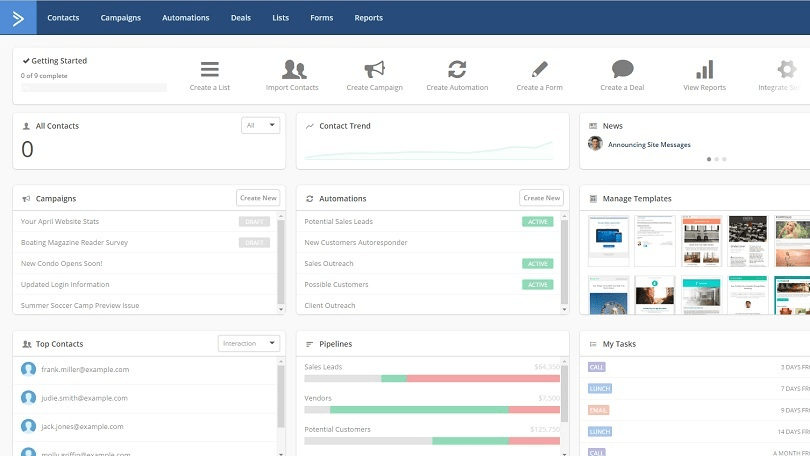
ActiveCampaign is a flexible automation platform that blends email marketing, CRM, and customer experience tools into one powerful system for growing teams.
Why it stands out:
- Visual automation builder that’s easy to use and fast to launch
- Handles email, SMS, site tracking, and conditional content
- Built-in CRM or integrates with tools like Salesforce and Pipedrive
Best for: Startups, lean in-house teams, and eCommerce brands looking to scale personalized marketing without added complexity
2. HubSpot Marketing Hub
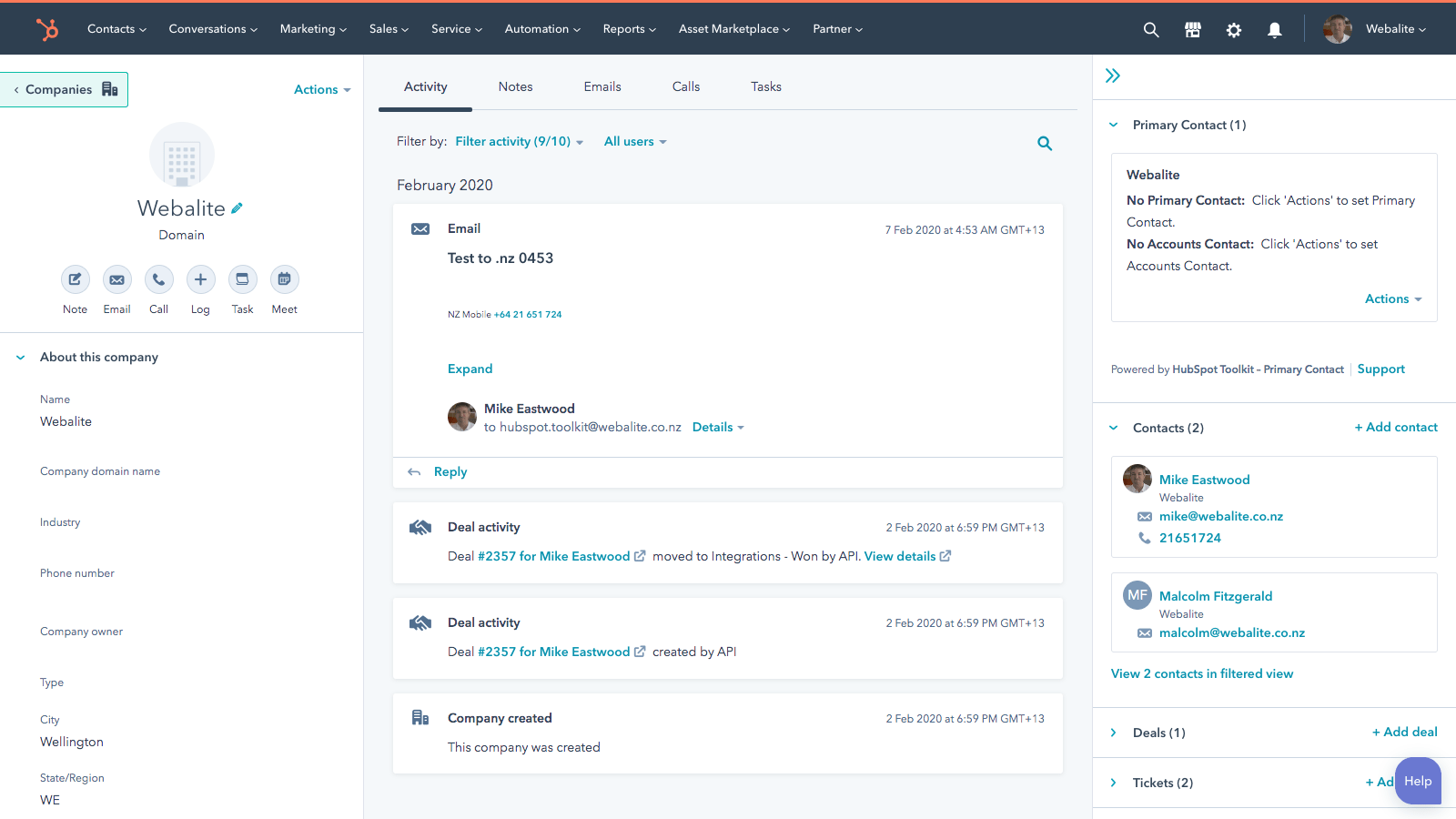
HubSpot offers a full suite of marketing tools alongside its industry-leading CRM, making it a strong choice for teams that want everything in one place.
Why it stands out:
- Clean, intuitive interface with smart campaign and lead tracking
- Native integration with HubSpot CRM for seamless sales-marketing alignment
- Strong content tools, reporting, and scalable workflows
Best for: B2B companies, mid-sized businesses, and marketing teams that want a full-stack platform without needing extra tools
3. Customer.io
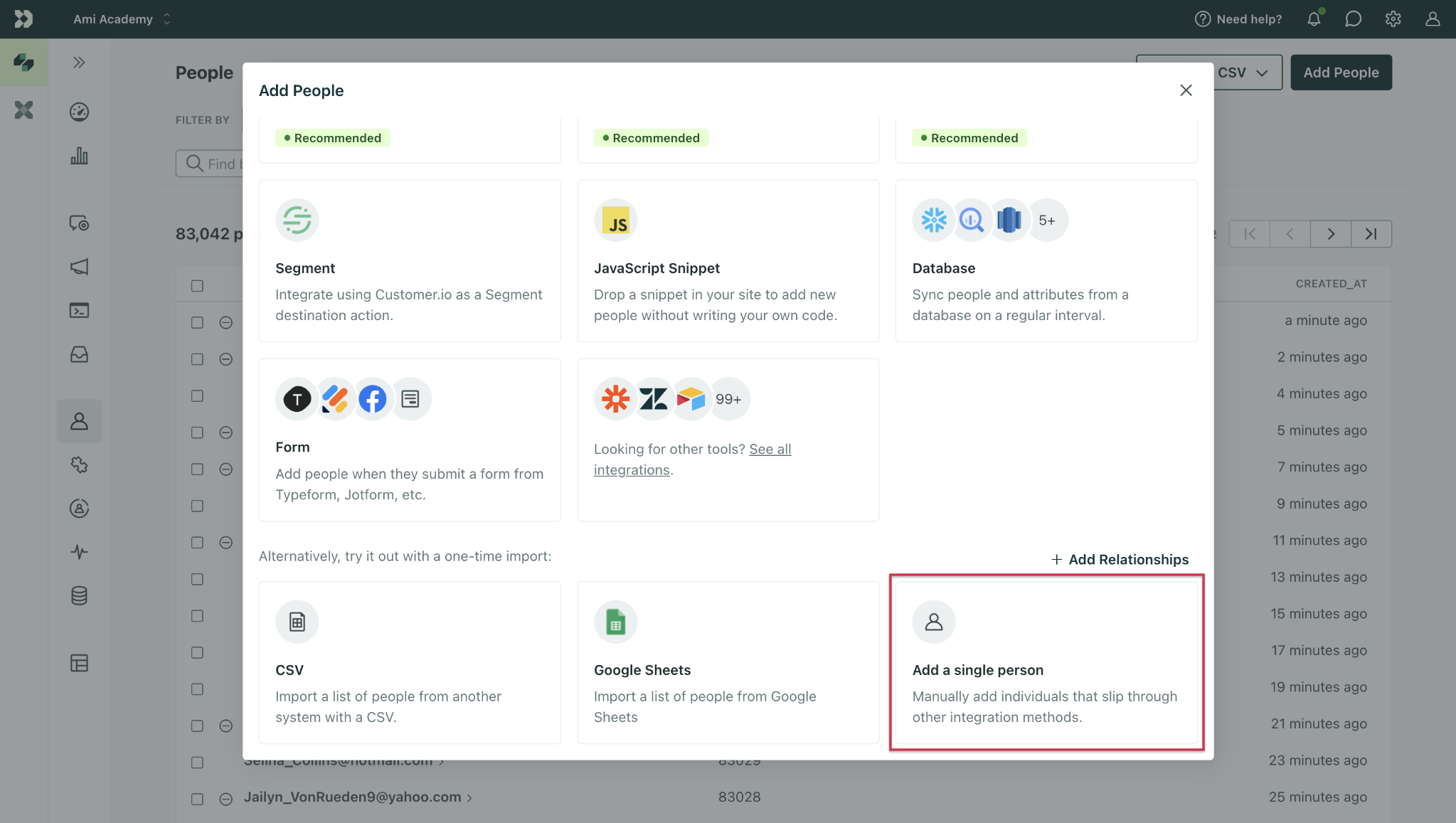
Customer.io is a messaging platform designed for data-driven teams that want to build personalized, event-triggered workflows across multiple channels.
Why it stands out:
- Powerful segmentation and behavioral triggers
- Supports email, SMS, push notifications, and in-app messaging
- Strong developer tools, including APIs and data pipelines
Best for: SaaS companies, product-led growth teams, and marketing engineers who want more control over customer journeys
4. Brevo (formerly Sendinblue)
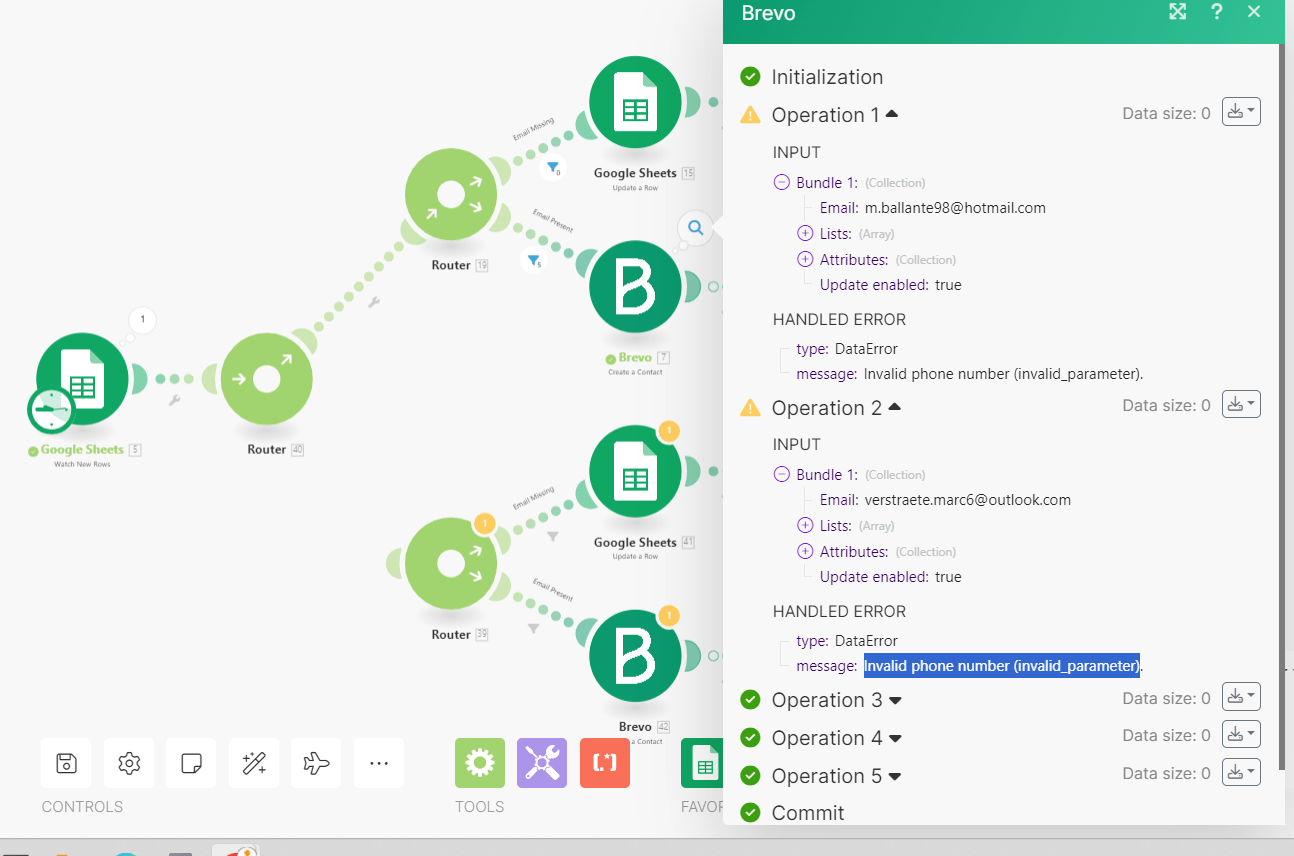
Brevo is an affordable marketing automation platform with solid multichannel support and tools that make it easy to launch fast.
Why it stands out:
- Offers email, SMS, WhatsApp, landing pages, and chat in one tool
- Includes a built-in CRM and meeting scheduler
- Transparent pricing with a generous free tier
Best for: SMBs, bootstrapped startups, and teams that need multichannel marketing without the enterprise price tag
5. Ortto
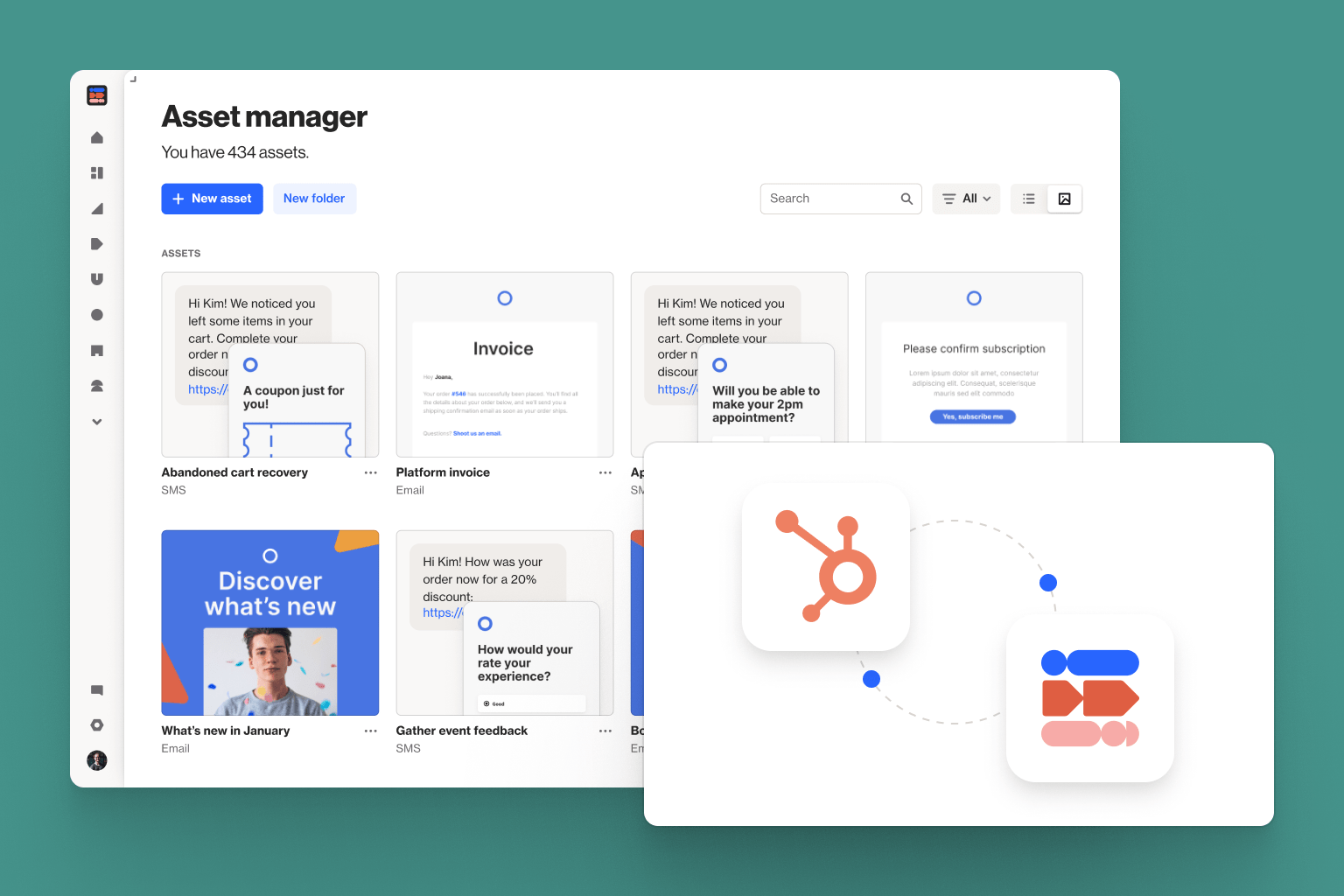
Ortto combines marketing automation, customer data, and AI insights into a single platform that’s built for fast, visual campaign planning.
Why it stands out:
- Unified customer journey builder with drag-and-drop logic
- AI tools that suggest campaign improvements and generate content
- Connects easily with tools like Salesforce, Slack, and Google Ads
Best for: Modern marketing teams looking for simplicity, smart insights, and end-to-end customer journey tracking
How to Pick the Right Pardot Alternative for You
Start with what’s slowing you down
Every team has something that holds them back. It might be slow reporting, clunky workflows, or the lack of seamless integration with your CRM. If you’re relying on multiple tools just to manage marketing emails, lead generation, and social media, the platform isn’t doing its job. Pinpoint the issue so you can find a solution that actually improves customer engagement and supports your marketing and sales goals.
Match the tool to your team
Business needs vary. What works for enterprise-level teams running complex marketing operations may not be right for small businesses focused on speed and simplicity. If your team values campaign automation, CRM features, and advanced analytics, look for platforms with robust features and integration capabilities that can support both your sales funnels and marketing efforts. For non-technical users, an intuitive interface and all-in-one platform can save time, reduce repetitive tasks, and boost team productivity.
AI is also becoming a bigger part of that decision. If you’re not already factoring in automation or personalization powered by machine learning, it’s worth catching up. This breakdown on how AI is shaping modern marketing is a great place to start.
Don’t skip the test drive
Many businesses choose based on features, but real value shows up in daily use. Most platforms offer a free trial or live demo. Take advantage of it. Set up a campaign, connect your CRM, and see how it performs. Can it handle advanced lead management? Does it help you create personalized content and make data-driven decisions? Does it integrate easily with Salesforce CRM or tools for social media management? If the platform makes your sales efforts and marketing campaigns easier to run, it’s likely a strong fit.
Choose a Platform That Matches Your Momentum
The right marketing platform should support your team, not slow it down. It needs to fit your workflow, connect with your CRM, and help you launch campaigns quickly.
Look for tools that streamline workflows, improve customer engagement, and offer real-time visibility into campaign performance. Whether you're focused on inbound marketing or juggling multiple platforms, your team deserves software that keeps up.
If you're exploring new tools, thislist of marketing platforms that are actually worth it is a solid place to start. It covers practical options that help modern teams move faster and make better decisions.
Smarter tools lead to stronger results across both sales and marketing.








